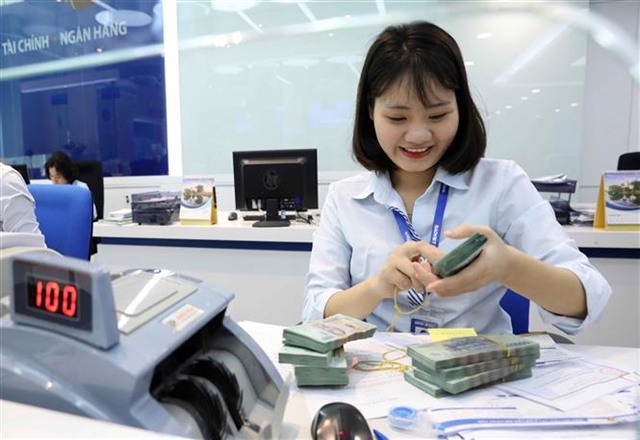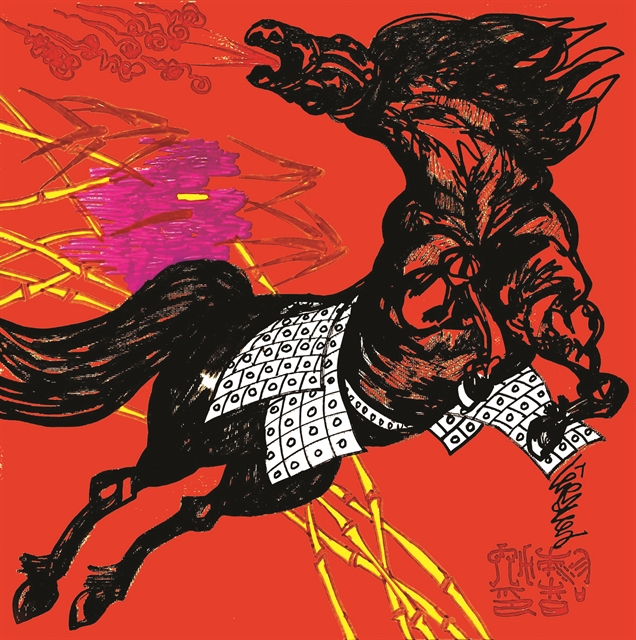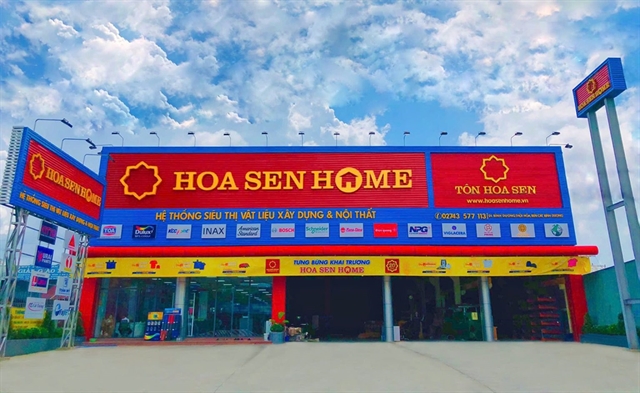 World
World

French police cleared demonstrators blocking roads and fuel depots on Tuesday in a crackdown on the so-called "yellow vest" protests against President Emmanuel Macron that have left two people dead.
PARIS — French police cleared demonstrators blocking roads and fuel depots on Tuesday in a crackdown on the so-called "yellow vest" protests against President Emmanuel Macron that have left two people dead.
Hundreds of thousands of people blockaded roads across France on the weekend, wearing high-visibility yellow vests in a national wave of defiance aimed at 40-year-old centrist Macron.
The protests had waned by Tuesday but the disruption underlined the anger and frustration felt by many motorists, particularly in rural areas or small towns, fed up with what they see as the government’s anti-car policies, including tax hikes on diesel.
Macron, who has made a point of not backing down in the face of public pressure during his time in office, called on Tuesday for more "dialogue" to better explain his policies.
Prime Minister Edouard Philippe, meanwhile, urged ruling Republic On The Move lawmakers to stand firm in the face of voter criticism, saying the party would reap the rewards of its "constancy and determination".
Two people have been accidentally killed and 530 people injured, 17 seriously, over four days of protests that have come to encompass a wide variety of grievances over the rising cost of living.
A 37-year-old motorcyclist died on Tuesday from injuries sustained a day earlier after being hit by a truck making a u-turn to avoid a roadblock in the southeast Drome region, a judicial source said.
The other victim was a 63-year-old woman accidently killed by a panicked driver in the eastern Savoie region on the first day of protests.
Interior Minister Christophe Castaner has instructed police to break up the remaining roadblocks, particularly those around fuel depots and sites of strategic importance.
"We can see today that there are real excesses from a movement that was for the most part conducted in good spirit on Saturday," he told France 2 TV.
The ministry said about 20 "strategic" sites and fuel depots in several regions were cleared of protesters on Tuesday.
Some hardliners kept blockades and slowdowns at some tolls, motorway junctions, and roundabouts.
"The movement won’t run out of steam," said Olivier Garrigues, a farmworker at one protest in the south. "There are less people because everyone is working. But we are organised."
Several of the injuries were caused by motorists trying to force their way through roadblocks, but some protesters have also been accused of intimidating and endangering motorists.
A 32-year-old man with a history of violence was given a four-month prison sentence by a Strasbourg court for putting lives at risk by taking part in a human chain across a motorway.
Protests have also erupted in Reunion, a French overseas territory island in the Indian Ocean, where authorities introduced a partial curfew in some neighbourhoods after a night of violence.
’Much more than fuel’
AFP judicial sources on Tuesday denied media reports that a group of men arrested earlier this month in the city of Saint-Etienne on suspicion of plotting an attack had planned to strike during Saturday’s fuel protests.
On Tuesday, the "yellow vests" appeared to be losing steam, with only a fraction of the nearly 300,000 people that manned the barricades on Saturday still camped out in the bitter cold.
Further protests are planned for the weekend, with some calling for a blockade of Paris.
The grassroots movement, which has won backing from opposition parties on both the left and right as well as a majority of respondents in opinion polls, accuses Macron of squeezing the less well-off while reducing taxes for the rich.
"It’s about much more than fuel. They (the government) have left us with nothing," Dominique, a 50-year-old unemployed technician said at a roadblock in the town of Martigues, near the southern city of Marseille.
Macron’s government, trying to improve its environmental credentials, has vowed not to back down on trying to wean people off their cars through fuel taxes.
The government has unveiled a 500-million-euro package of measures to help low-income households, including energy subsidies and higher scrappage bonuses for the purchase of cleaner vehicles. — AFP




